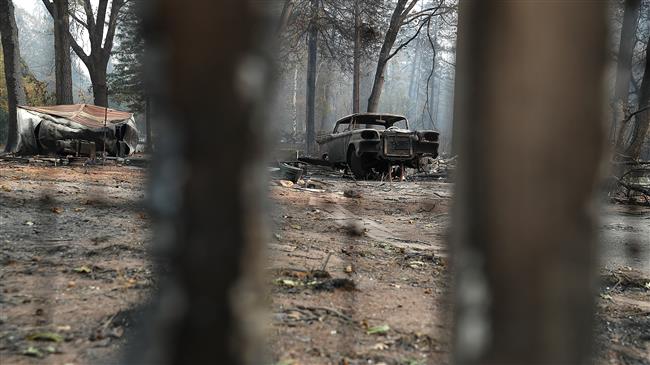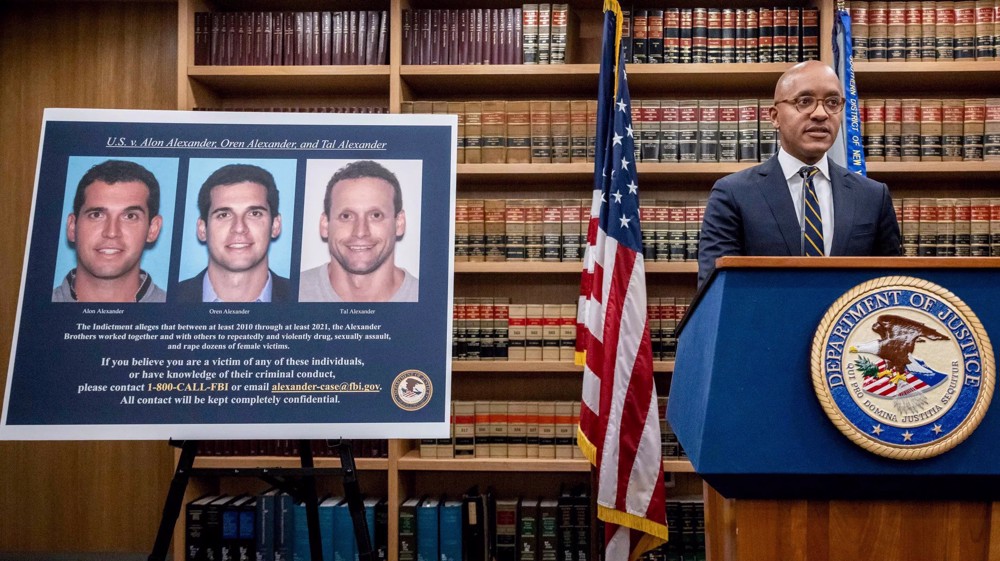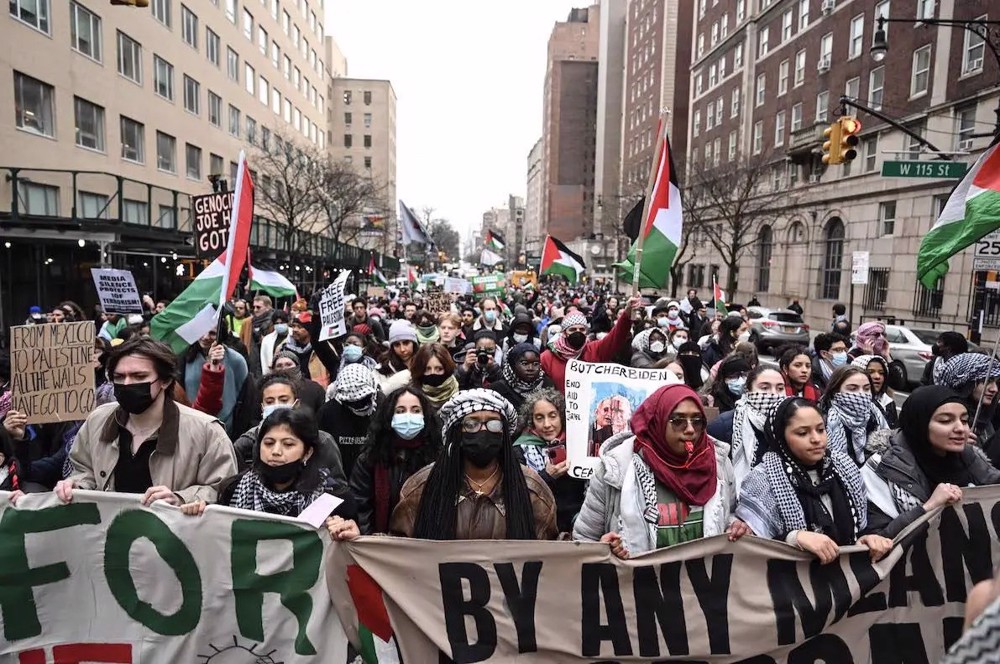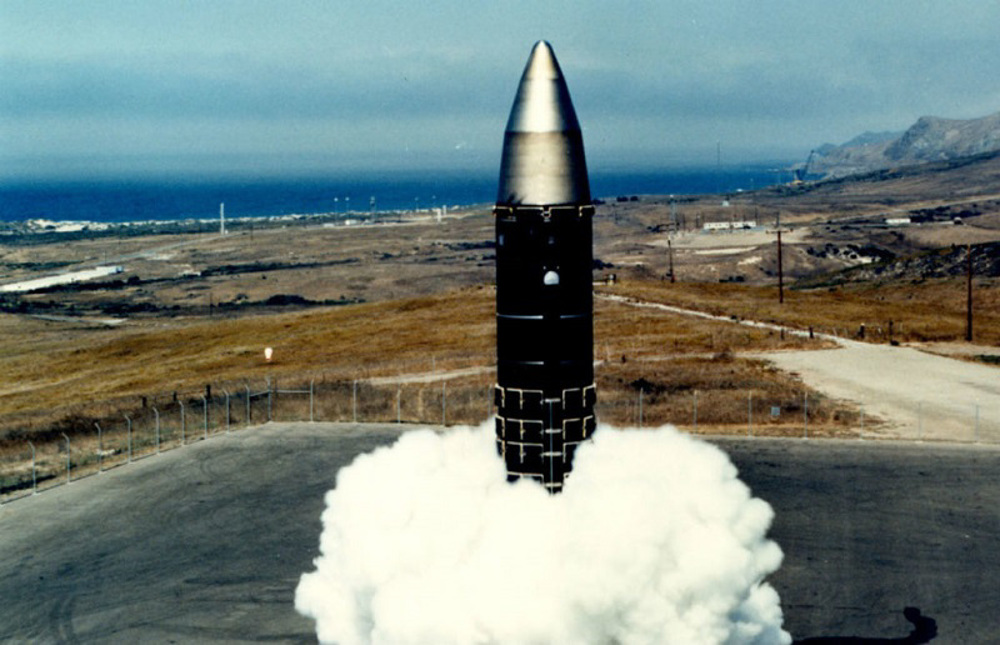California wildfires make its cities air quality worst in world
The US state of California has the world’s “most polluted cities” due to the massive wildfires raging in the northern part of the state, according to a study.
The cities of San Francisco, Stockton and Sacramento were the world's three "most polluted cities" on Friday, CNN reported, citing Berkeley Earth, a nonprofit that aggregates data from air-quality monitoring sites.
PurpleAir, which has a network of sensors around the world, also showed that California had worse air than traditional smog hotspots in China and India.
"No region on Earth had as many air quality stations in the highest ranges" of particulate matter, or PM, the toxic mixture of particles and droplets that worsens after wildfires, according to CNN meteorologist Brandon Miller.
Those values, he said, "stretched for hundreds of miles over Northern and Central California, from the mountains to the valleys and the coast."
Colleges, schools and public transit have closed as smoke from the Camp Fire descends on the region.
"It appears to be the worst air quality ever experienced in San Francisco," said Dan Jaffe, a professor of environmental chemistry at the University of Washington.
He called the situation "an air quality emergency," and experts said the smoke could undo decades of progress on pollution.
"We have made tremendous efforts and investment to clean up our air with considerable benefits for public health," said Dr. Daniel Jacob, a professor of atmospheric chemistry and environmental engineering at Harvard University. "But now it's like we're getting stabbed in the back with those wildfires."
Forensic recovery teams pressed their search for more victims in the flame-ravaged northern California town of Paradise on Friday, as authorities sought clues to the fate of about 1,000 people reported missing in the state’s deadliest wildfire on record.
Remains of at least 71 people have been recovered so far in and around a Sierra foothills hamlet that was home to nearly 27,000 residents before the town was largely incinerated by the deadly Camp Fire on the night of November 8.
Besides the toll on human life, property losses from the blaze make it the most destructive in California history, posing the additional challenge of providing long-term shelter for many thousands of displaced residents.
Scientists have said the growing frequency and intensity of wildfires in California and elsewhere across the West are largely attributable to prolonged drought that is symptomatic of climate change.
VIDEO | Carol Singers for Palestine on London’s Parliament Square
American warplane downed after Yemeni attacks 'baffled' US air defense: Ansarullah
VIDEO | Yemenis praise the military for its successful operations against Israel
VIDEO | Israel continues to bomb Gaza homes
VIDEO | An insider's view of the country: Meybod City in Yazd
‘All wars have rules. All of those rules have been broken’ by Israel
VIDEO | Report flags India’s violation of rights of Rohingya detainees
Turkey's foreign minister meets Syria's de facto leader in Damascus











 This makes it easy to access the Press TV website
This makes it easy to access the Press TV website